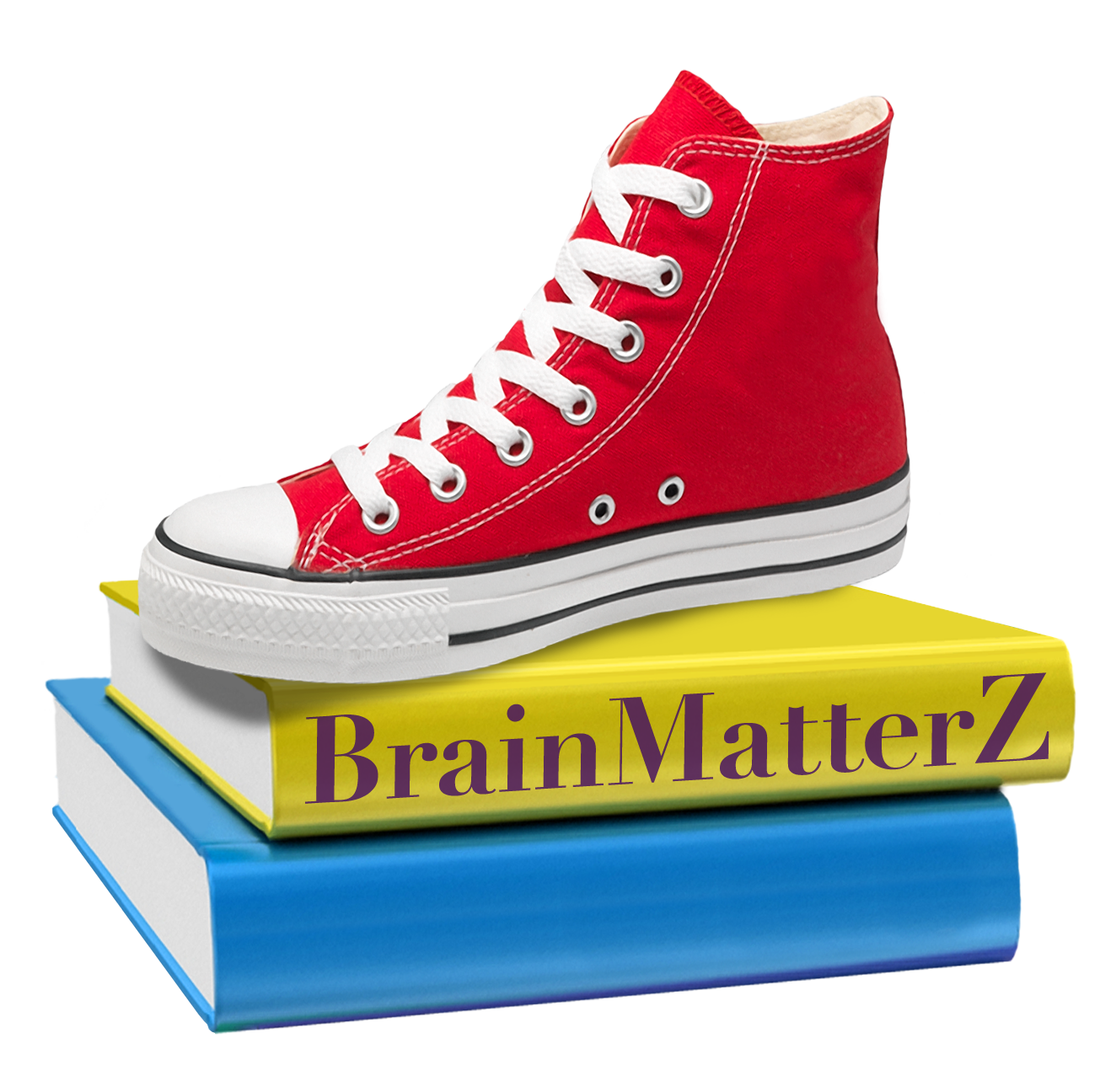What is Brain Optimization?
What we repeatedly experience, feel, think, sense and do sculpts, alters, and reorganizes the brain. In other words, what we “practice” is what we hardwire! Optimization is simply the process of challenging the brain to develop optimal fundamental skills that are necessary for learning.
Nothing has to be wrong in order for you or your child to benefit from brain retraining and enhanced brain health. Brain optimization is a gift that you can give to your child or to yourself.
Society has long believed that intelligence or I.Q. is fixed and controlled by genetics. Neuroscience, based on the research of “neuroplasticity,” has discarded this assumption and so should you! We now know that we each have control over our own brain power.
What we repeatedly feel, do, sense, and think sculpts, alters and reorganizes the brain. In other words, what we “practice” is what we hardwire! Optimization is simply the process of challenging the brain to develop optimal fundamental skills that are necessary for learning.
WHAT IS A ‘BRAIN INTENSIVE’?
The BrainMatterZ program is based on the science of “neuroplasticity”. It is important to take advantage of the fact that the brain is “plastic” in order to improve cognition. There are underlying foundational skills required for learning just as there are fundamental skills needed for performance in a sport. These skills are called “cognitive skills.” A Brain Intensive is 20 to 30 hours of brain optimization for the purpose of strengthening the following cognitive skills
Auditory Processing: The ability to take in and process information that is heard. Ex: Listening to a lecture or an audio book.
Visual Processing: The ability to take in and process information that is taken in through the eyes. Ex: reading or copying from the board.
Attention/Focus: The ability to attend to visual or auditory stimuli while blocking our distractions. Ex: Being fully “present” in a conversation or reading.
Memory: When we learn something or are exposed to new experiences, the brain registers this new information and encodes it into connections and stores it for later retrieval.
These are two types of memory:
Explicit memory: memories we can recall consciously, like facts, people, and places.
Implicit memory: procedural or unconscious memory like movement, breathing or heart rate.
Executive Functioning Skills: Fluid intelligence, powered by frontal lobe; it is an umbrella term for managing oneself and one’s resources.
Inhibition- The ability to stop one’s own behavior at the appropriate time. The flip side is impulsivity.
Shift- The ability to move freely from one situation to another- flexibility.
Emotional Control- The ability to self-regulate rationally.
Initiation-The ability to begin a task or activity independently.
Working Memory- The ability to hold information for purpose of completing a task.
Planning/Organizing- The ability to manage current and future task demands.
Organization of Materials- The ability to impose order on work play, or storage spaces.
Self-Monitoring- The ability to monitor one’s own performance and to measure against a standard.


